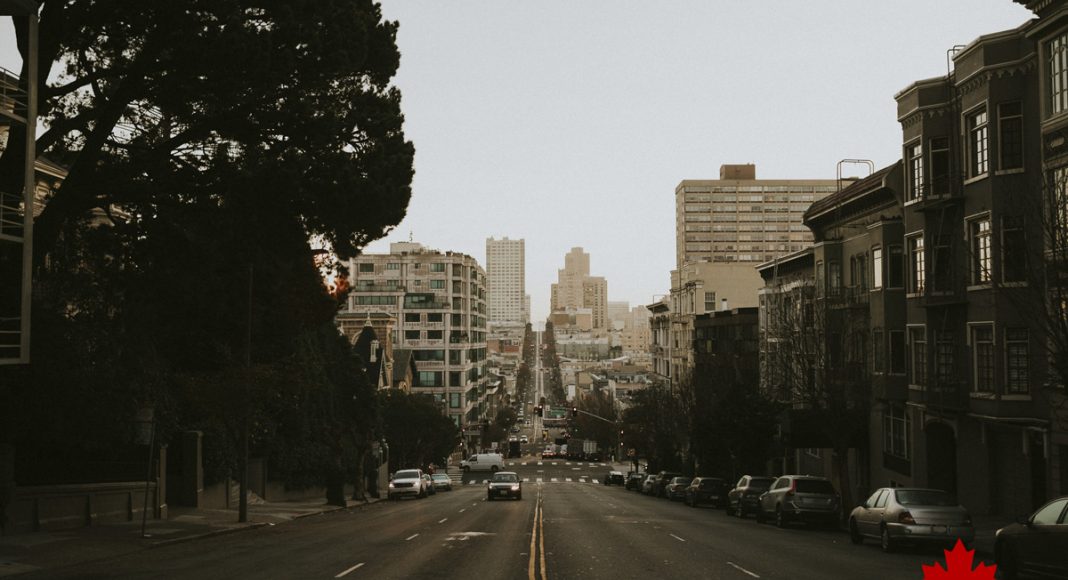Canada is on the verge of becoming the second country in the world to legalize marijuana. On Wednesday, the northern nation’s full legal recreational pot market will open up, allowing people to purchase weed like alcohol. Although the move is expected to generate billions of dollars in economic activity, as well as create new tax revenue for the government, the goal of this reform, according to Prime Ministers Justin Trudeau, has nothing to do with its economic impact. It’s more about chipping away at organized crime and keeping cannabis out of the hands of children.
“Right now, young people have far too easy access in Canada to marijuana. Criminal organizations make billions of dollars a year in profits on the sale of marijuana,” Trudeau told the Canadian Press earlier this year. “We need to move forward on a system that controls and regulates while In protecting our kids and our communities.”
-
Related: As Canada Legalizes Weed, What To Know About Market Investments, Retail Shortcomings, And More
While this is a noble reason to end marijuana prohibition, it is not a perfect plan, according to a recent piece published in the New York Times, which points out a few things that Canada can learn from California’s 10-month-old pot trade.
Sources close to the situation, including Hezekiah Allen, the executive director of the California Growers Association, told the Times that “the black market is still dominant.” This, he says, is because “It’s hard to persuade pot farmers who have been producing in the shadows for decades to fill out voluminous paperwork, pay taxes and comply with reams of environmental regulations.”
What Canada is destined to learn during its first year of legal sales is cannabis users may not come running to legal marijuana dispensaries. California launched its recreational market in January, and it’s still not generating much more cash than when it was running one of the loosest medical marijuana programs in the country. But then again, the conditions are slightly different.
Anyone who has wanted marijuana over the past two decades in the Golden State has been able to finagle their way into the medical system. So, the recreational scene is not much a of a stretch beyond. Still, some customers have continued to purchase weed from the black market because the legal stuff, which must be tested and taxed, is far more expensive – about 77 percent more than what is sold in the streets.
“As long as there is onerous regulation and taxation imposed on the legal market, you can forget about getting rid of the illicit market,” said Tom Adams of BDS Analytics.
But, just like Canada, wiping out the black market was one of the primary selling points for ending marijuana prohibition in California. This ethos was devised using a chapter from the book of alcohol prohibition. Sure, there are still a handful of people running moonshine in parts of the country, but, for the most part, illegal alcohol operations ended after the prohibition laws were repealed. But it’s not working out the same way for cannabis, mostly because the U.S. government has refused to get onboard. There are just too many conflicting laws for marijuana to get a proper showing in the states.
It is conceivable that Canada will experience similar growing pains. But the country is in a better position to pull off legalization once they work out the kinks. Unlike California, Canada is coming out of the gate with more common sense. Instead of serving adults 21 and older, the nation has given provinces the right to sell weed to those who are at least 18 years of age. There are also stricter penalties for those who break the rules of its taxed and regulated system. California eliminated most of its harsh penalties for pot offenders, making it harder to go to jail for breaking the law.
Although there is plenty Canada can learn from California right now concerning marijuana legalization, there will likely come a time in the foreseeable future when California, as well as the rest of the United States, has something to learn from Canada. But it could take a year or more before they realize it.


